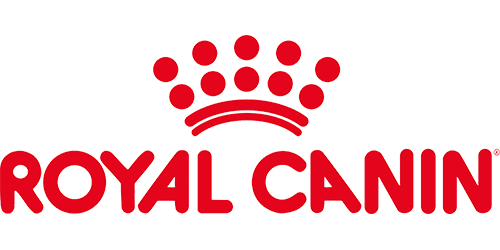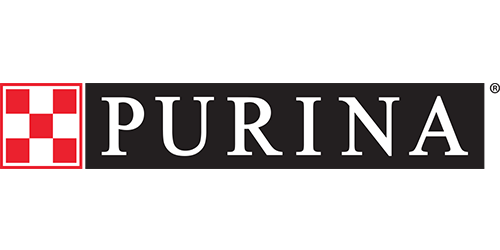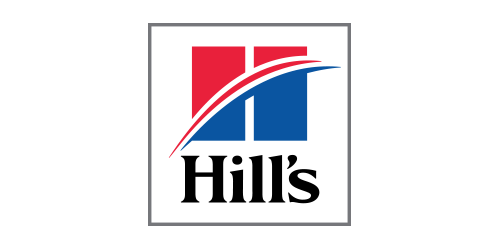Take care of their teeth to prevent dental disease and complications
Dental disease is very common in dogs—85% will have tooth trouble by the age of one! How can you tell if your pup has an oral hygiene problem? There are a few telltale signs, including:
- Bad breath
- Red, swollen, or bleeding gums
- Root canal exposure
- Chewing on one side
- Resistance to having their mouth handled
- Weight loss or difficulty eating
Bad breath, also called halitosis, can point to more serious problems. Or your dog may show no signs at all, which is why an annual veterinary checkup is so important.
Breed, genetics, and age
Have a petite pup? You should know that small breeds like Yorkshires and Chihuahuas are more prone to developing dental disease. One reason is that larger dogs like Labradors chew more, and chewing can be a natural tooth cleanser. But be aware: While all that chewing means your large breed is less likely to develop gum disease, they may be more likely to fracture a tooth.
Breed is also a factor because there’s a genetic component to gum disease (periodontitis). Smaller breeds like Yorkshires, Bichon Maltese, and miniature poodles and certain large breeds like greyhounds are more predisposed.
Also keep in mind that because of the progressive nature of the disease, your older dog is more likely to suffer from the more advanced stages of periodontitis.
At-home and in-clinic care
As we said, oral hygiene is important to your dog’s overall health and wellbeing because it can prevent pain and discomfort and decrease the risk of dental disease that can lead to other health problems.
But how exactly do you take care of your precious pet’s teeth? It’s a team effort with a combination of at-home and professional dental care.
You should take your dog into the clinic for exams, scaling, polishing, and expert advice but also look after their teeth at home with regular brushing, toys, and a special diet. At the next checkup, ask your vet to examine your dog’s mouth and teeth and recommend a dental care plan.
Depending on what your vet finds, they may suggest a dental diet in addition to other strategies for cleaning and caring for your dog’s teeth and gums.
For more information, check out:



